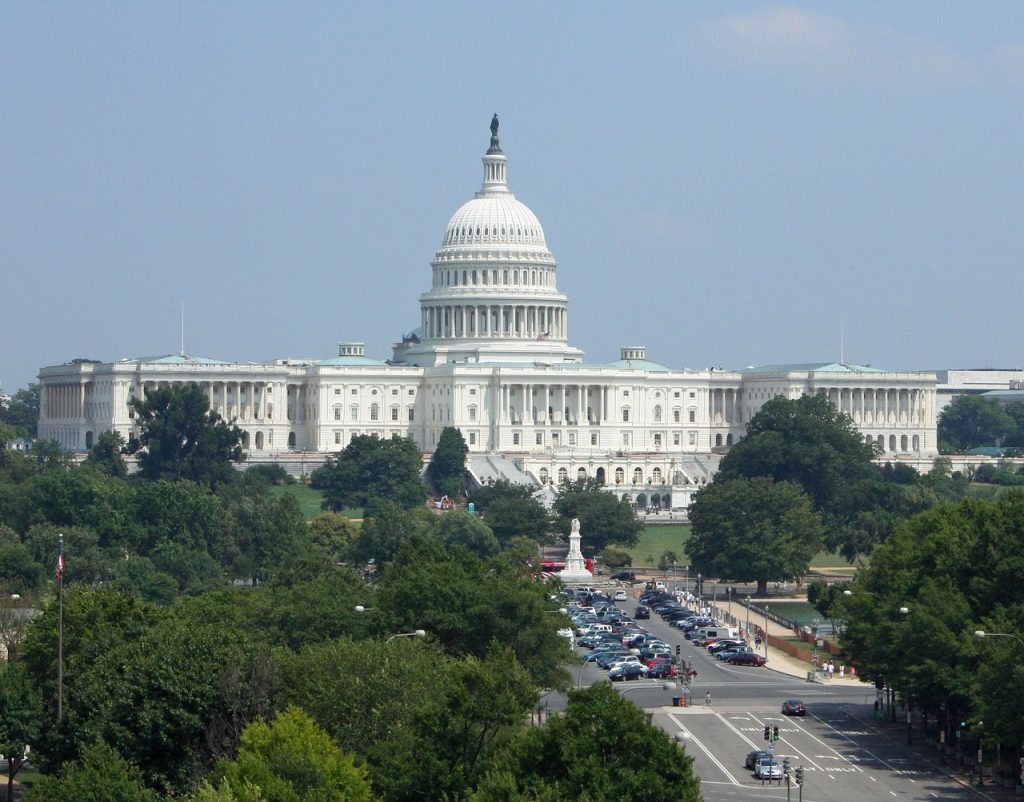
On Election Day, the electoral board has a lot to do. The polling station shall be opened and the ballot shall be held. Shortly before the end of the election, the votes of the postal voters must be placed in the ballot box. At the end of the ballot, the counting of votes begins. The result of the vote count is used to determine the election result. The type of determination depends on whether the election was conducted as a list election or as a person’s choice. Finally, the electoral board has to produce an election record.
Polling station
As a rule, the electoral board will have to set up a polling station. The works council election is a secret and immediate election.
Where there are several polling stations, it must be ensured that workers are unable to cast their ballots several times. This can be done by associating the electorate to a specific polling station or by handing in ballot papers to be handed over by the electorate at the time of the vote. In the case of the issue of ballot papers, care must be made to ensure that the voter can obtain a replacement in the event of a loss of the polling card.
The electoral board must therefore ensure that the electorate is able to cast their votes unobserved and not comprehensible at a later date when setting up the polling station. It is therefore necessary to set up a polling booth and prepare ballot papers and envelopes in order to prevent a later inference on the person of the voter.
The polling booth must be so spacious that the voter is actually unobserved when voting. In the voting booth, a ballpoint pen (attached to a twine if necessary) is also provided. There are election boards that provide several pens in different colors, so that they cannot later be identified on the ballot papers which ballot paper has been filled by a postal voter. However, a pen provided in the polling booth is sufficient. The color of the pen must of course not be removed again. A pencil, for example, is out of the question.
What should be considered in the ballot?
Irrespective of whether the election is conducted according to the principles of proportional representation (list election) or majority voting (person election), each voter has to go to the polls only one ballot. In order to ensure this, the legislature provides for a certain course of voting at the polling station.
At the polling station there is a table at which the supervisors (members of the electoral board or election assistants) sit. On this table is the ballot box. The voter first collects his election documents, i.e. ballot papers and ballot envelopes. The supervisors first check the identity of the voter. If this is unknown, he must prove his identity by means of an official identity card (e.g. identity card, passport) or by the company card. It also checks whether the person is on the electoral roll. A person who is not on the electoral roll is not allowed to vote or receives any electoral documents. This is not the case even if the electoral list is manifestly flawed in this respect.
Who counts the votes when?
The votes shall be counted immediately after the vote. If there is nothing against it, the votes should be counted after the vote.
If the counting of the votes is not to take place until the next day, for example because the vote was also taken at another polling station and the ballot box has to be taken to the main establishment, this must in any case be indicated in the ballot box. The counting of votes may also not begin before the date indicated in the election call. It is necessary to ensure that all interested workers, employers and representatives of the trade union represented in the company can actually inhabit the counting.
If the counting of the votes is to take place at a later date, the ballot box must be sealed in the meantime. This is particularly true if the ballot box is taken from a polling station to the main establishment. The sealing of the ballot box is done by pasting a piece of paper over the insertion opening of the ballot box so that it is completely sealed. The paper must not be dissolved in one piece, but must be so procured or glued so tightly that it must tear when trying to remove it. On paper, the supervisors present at the time of the seal sign.
Final thoughts
A lot can happen on an election day, not to mention your car breaking down in the middle of the road. And thankfully that can easily be resolved with a towing service (http://sanjosetowing.org/). Setting all things aside, practice your right to vote because every vote counts. It’s our way of showing our nationalism and our concern for our country.

 The landscape has changed quite a bit in the past few years. The internet has played a part in this transformation. Social networking, particularly, is currently an element in political campaigns and at how people think about problems.
The landscape has changed quite a bit in the past few years. The internet has played a part in this transformation. Social networking, particularly, is currently an element in political campaigns and at how people think about problems.